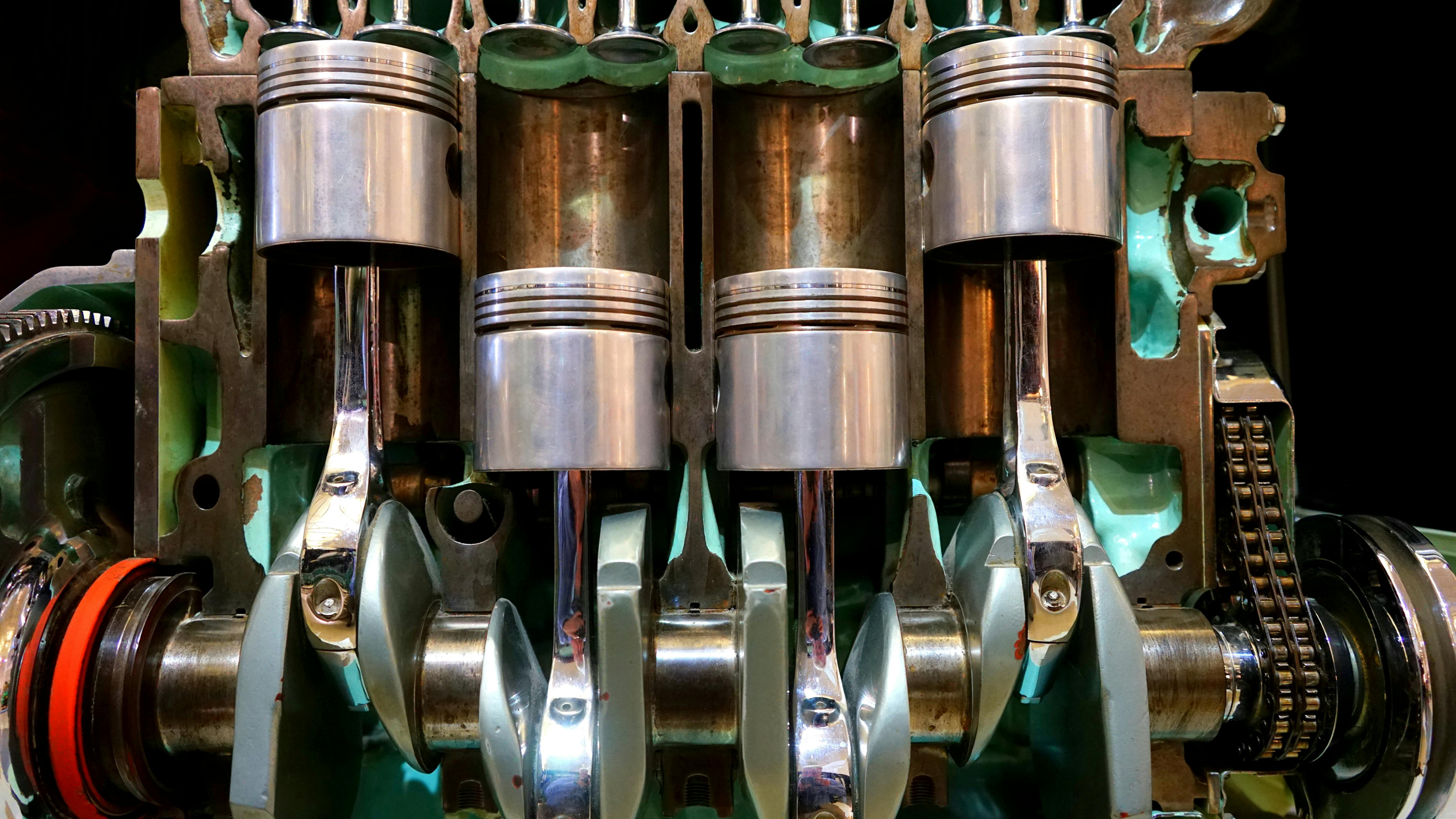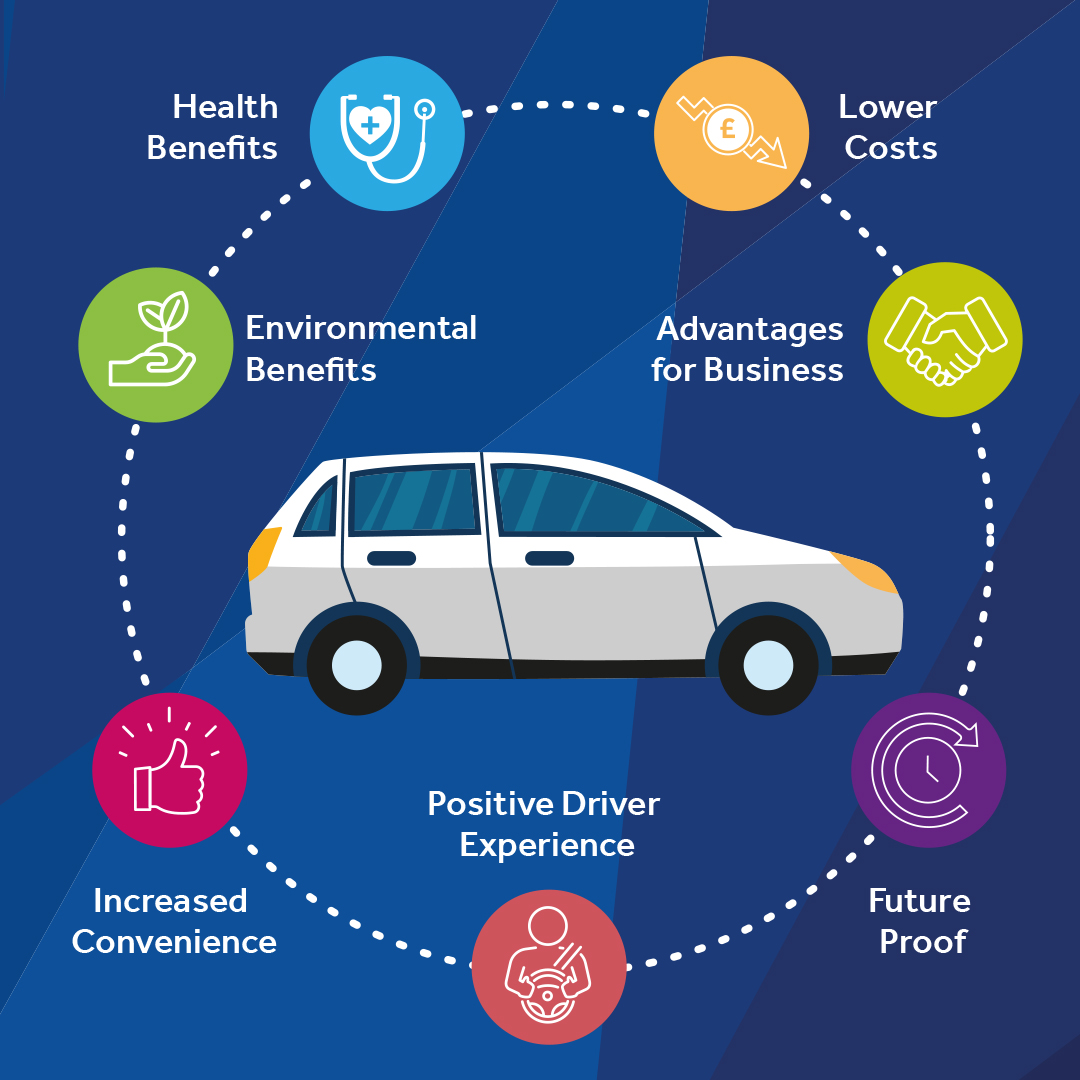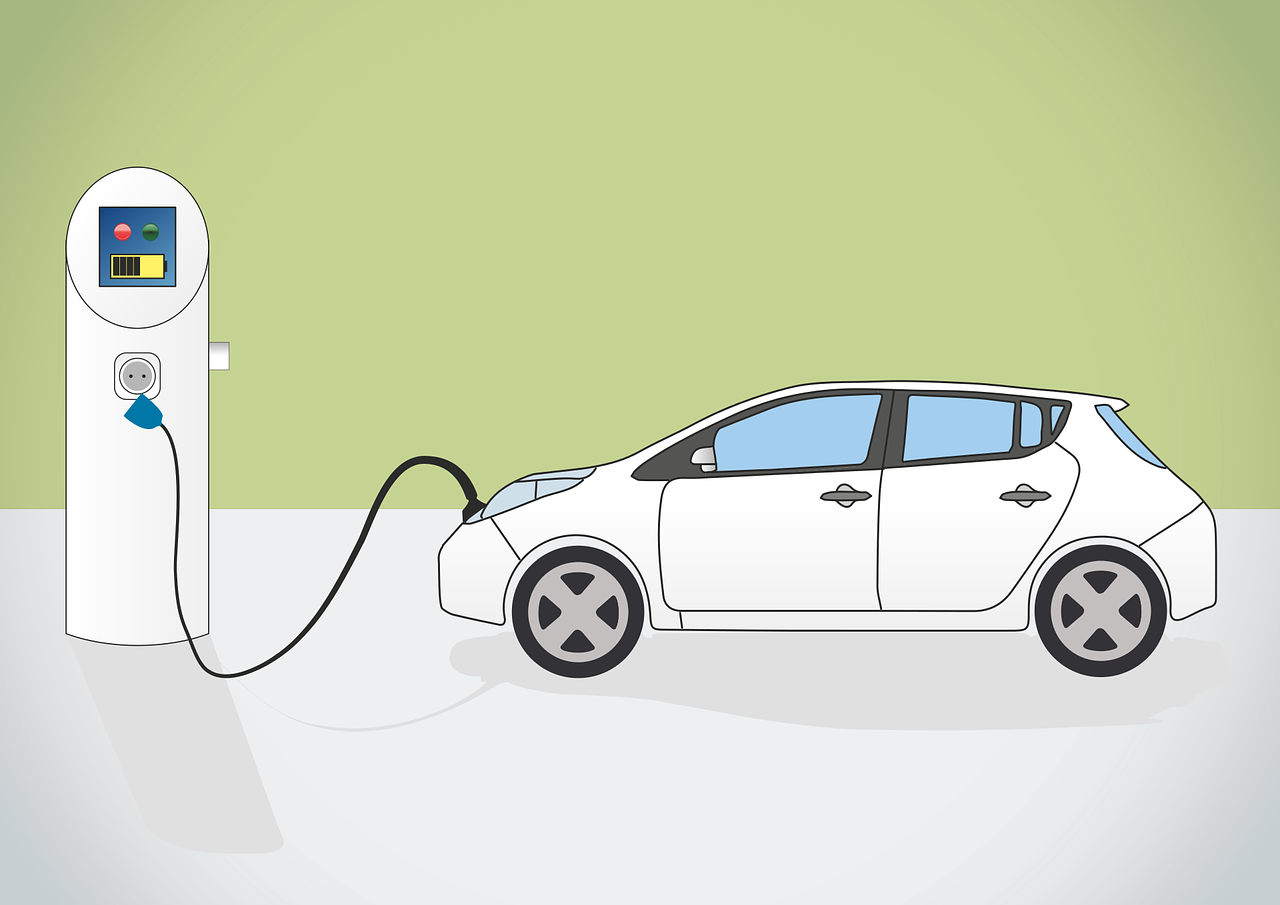The Role of Distributed Energy Resources in Energy Transformation
Distributed Energy Resources (DERs) have emerged as a disruptive force in revolutionizing the traditional centralized energy generation model. This article aims to explore the functionalities, benefits, and transformative impact of DERs in reshaping the contemporary energy landscape towards decentralization and sustainability.
Understanding Distributed Energy Resources:
1. Definition and Diversity:
DERs encompass a diverse array of small-scale, decentralized power generation and storage technologies, including solar PV, wind turbines, batteries, microgrids, and demand response systems.
2. Decentralization of Power Generation:
DERs enable energy production closer to the point of consumption, reducing reliance on centralized power plants and enhancing grid flexibility and reliability.
Functionalities and Benefits:
1. Resilience and Grid Support:
DERs enhance grid resilience by offering backup power during outages, alleviating stress on the grid, and providing ancillary services like frequency regulation.
2. Renewable Integration and Flexibility:
Integration of DERs, particularly renewable sources, contributes to grid stability, mitigates intermittency, and enables smoother integration of solar and wind power.
Applications and Use Cases:
1. Residential Solar and Storage:
Homeowners leverage DERs like rooftop solar panels and battery storage for self-consumption, reducing electricity bills and contributing excess energy to the grid.
2. Commercial and Industrial Deployment:
Businesses utilize DERs for peak shaving, demand response, and cost reduction, optimizing energy use and supporting sustainability initiatives.
Future Trends and Innovations:
1. Smart Technologies and IoT Integration:
Advancements in smart technologies and IoT devices optimize DER management, facilitating real-time monitoring and control for efficiency and grid support.
2. Blockchain in Energy Trading:
Blockchain-based platforms enable peer-to-peer energy trading among consumers and prosumers, fostering energy independence and community resilience.
Environmental Impact and Sustainability:
1. Carbon Emission Reduction:
DERs aid in reducing greenhouse gas emissions by promoting renewable energy adoption and reducing reliance on fossil fuels.
2. Energy Democratization and Accessibility:
DERs empower communities by democratizing energy generation, improving access to clean energy, and fostering equitable energy distribution.
Distributed Energy Resources serve as catalysts in the paradigm shift towards decentralized, cleaner, and more resilient energy systems. As technological advancements continue to flourish and adoption expands, DERs will play a pivotal role in empowering communities, supporting renewable energy integration, and fostering a more sustainable and inclusive energy future.
latest video
news via inbox
Nulla turp dis cursus. Integer liberos euismod pretium faucibua









